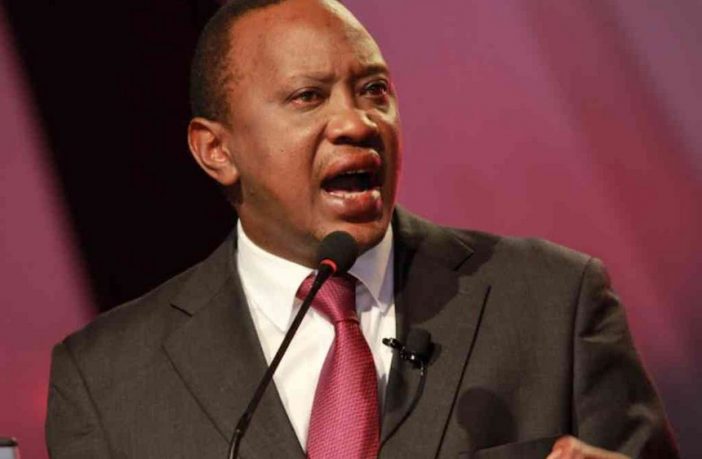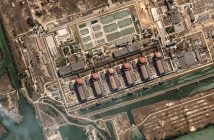- At the Paris Peace Forum in France this past weekend, President Uhuru Kenyatta of Kenya announced that his country will target to attain 100 per cent transition to green energy by 2020.
- The Head of State said climate change is not an abstract threat in a far-off future but a defining security and development challenge of our time.
- The President encouraged international stakeholders to join hands in the enlightened solidarity of multilateralism in fighting climate change.
President Uhuru Kenyatta of Kenya recently announced that his country will target to attain 100 per cent transition to green energy by 2020. He added that “the government has scaled up investment in renewable energy to address climate change challenge concretely”. The President was speaking during a roundtable discussion on “Don’t drop climate efforts” session of the Paris Peace Forum in France this past weekend.
Currently renewable energy makes up nearly 70% of Kenya’s installed electric power capacity most of which comes from hydropower. More recently the 310Mw Lake Turkana Wind Project has connected to the national grid with an initial output capacity of 129Mw. The balance is made up of geothermal and fossil fuel generation.
Kenya’s current effective installed (grid connected) electricity capacity is 2,351 MW, with peak demand of 1,802 MW.
“To do even more, we need support from the Green Climate Fund and other mechanisms to enhance our green energy capabilities and accelerate adaptation and mitigation of the impact of climate change,” Uhuru said.
The President challenged governments of industrialised countries, where sustainability has been embraced, to support such investments in green energy in Africa. He said doing so would help mitigate and even reverse the effects of climate change while delivering the jobs and opportunities that will strengthen security and stability on the continent and the world.
Uhuru emphasized that Kenya is open for business in the manufacturing of green technologies and will work hard to enable investors in this field to thrive. The President also spoke of the need for multilateralism to make its mark in solving major challenges ranging from insecurity, the fascism of global Jihadism, and the effects of climate change.
The Head of State said climate change is not an abstract threat in a far-off future but a defining security and development challenge of our time. He said although African countries were nowhere close to the top producers of greenhouse emissions, they are nevertheless, champions of sustainability because they know the painful price of inaction in the face of climate change reality.
“It is driving patterns of movement and reaction to unusual and destructive weather patterns that are leading to mass violence, lost livelihoods, and a resulting appetite for large-scale migration,” the President said. “We learnt terrible lessons in the past century when we sought to walk alone, rather than join hands in the enlightened solidarity of multilateralism,” the President said.
Author: Bryan Groenendaal












1 Comment
Kenya no doubt leading the way in Africa when it comes to compacting climates change and transit to renewable energy.
It is always good to have leaders like President Uhuru setting example while others in fast sleep.